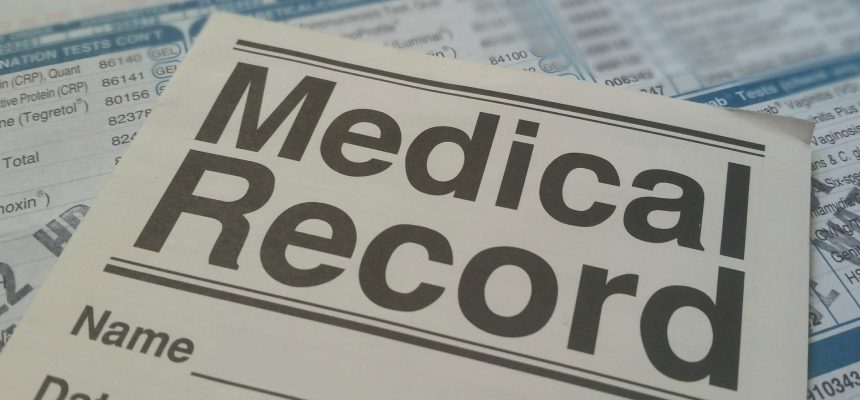Hospital Erases Medical Debt After Pro Publica Investigation
By Consumers For Quality Care, on January 17, 2020

After an investigation last year by Pro Publica exposed Methodist Le Bonheur hospital in Memphis, Tennessee for bringing 8,300 lawsuits against low-income patients in the span of five years, the hospital has erased $11.9 million in medical debt and dropped their suits against patients.
Only a week after Pro Publica published their initial investigation, Le Bonheur began dropping many of their lawsuits. They called themselves “humbled” and vowed to change their practices. One new policy reform is that the hospital will no longer sue anyone whose household income is less than 250% of the federal poverty line.
As Pro Publica reported, the decision by Le Bonheur has been life-changing for many consumers who had virtually no way to pay their massive debts to the hospital.
One woman, Danielle Robinson, had recently missed a court-ordered payment to the hospital on her $11,500 in unpaid bills after she was laid off from her job.
When Robinson was given the news that her debt had been erased, she was elated and relieved.
Nervously, she opened the letter. “As of August 1, 2019,” it said, “your total amount due is $0 for docket ROBINSON, and we have notified the court that this account has been paid in full.”
“I had to read it a couple of times just to make sure,” Robinson said. “I couldn’t believe it. I went crying around the house.”
Another woman, Tina Moore, had taken her son, Pharaoh, to Le Bonheur several times over a three year period. She had been making $50 monthly payments on her $5,000 of debt to Le Bonheur for the visits. Eventually she fell behind and found she could not cover other expenses, like her sons ongoing medical care.
“Recently, Pharaoh had an appointment with the cardiologist and I didn’t have the money then for the copayment so I canceled the appointment,” she said at her home, days after the April court appearance.
Moore was one of the millions of Americans who forego serious medical needs due to their cost.
When she found out her debt was forgiven, Moore said it felt like a weight had been lifted off her.
“It was like a weight lifted off me. I felt like I was able to breathe,” she said.
Her son, now 9 years old, is healthy, and Moore said she holds no ill will toward Methodist, which is legally required to screen and stabilize all patients who arrive in its emergency room, regardless of their ability to pay. “They were there for me when my son needed it,” she said. “They haven’t turned me away.”




